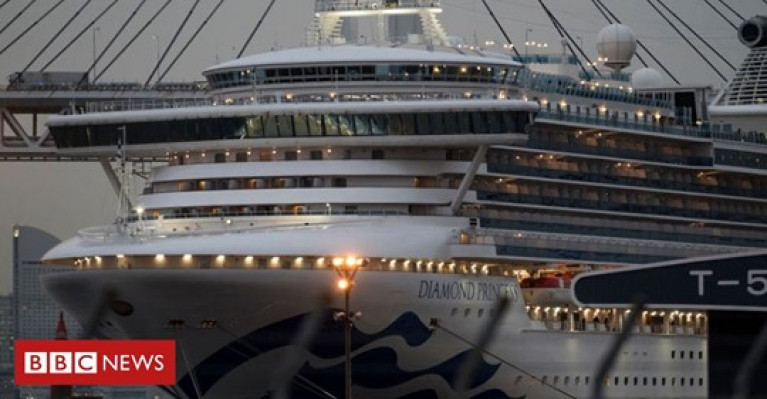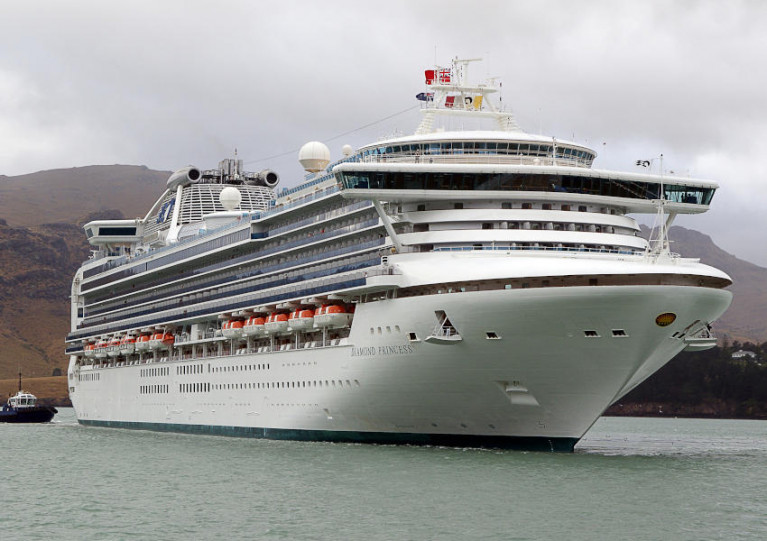Displaying items by tag: Diamond Princess
Evacuated British & Irish Coronavirus Cruise Passengers Arrive at UK Quarantine Hospital
Evacuated British and Irish nationals from the coronavirus-hit cruise ship (Diamond Princess) in Japan have arrived at a UK hospital where they will spend the next two weeks in quarantine.
Coaches carrying 30 British and two Irish citizens arrived at the Arrowe Park hospital, Birkenhead on the Wirral Peninsula this (Saturday) evening.
The group had travelled from an airbase in Wiltshire after leaving Tokyo on a flight late on Friday night.
They have so far tested negative for the virus.
Arrowe Park Hospital was previously used to quarantine 83 British nationals who were flown back to the UK from Wuhan.
For more BBC News has a report here
Irish citizens are among the hundreds of passengers quarantined on a cruise liner in Japan amid the coronavirus epidemic, the Department of Foreign Affairs has confirmed.
According to RTÉ News, 454 cases of coronavirus have been diagnosed in the Diamond Princess, with a further 99 testing positive for the virus.
The British ship had 3,700 passengers and crew on board when it was initially detained by Japanese authorities in Yokohama on 4 February.
The United States has already evacuated more than 300 citizens and their family from the ocean liner, with 14 positive readings for the virus among them. RTÉ News has more on the story HERE.
As previously reported on Afloat.ie, here the HSE has instituted a new reporting protocol for ships entering Irish ports over the outbreak, which has killed more than 1,700 people in China and a small number abroad.






























































